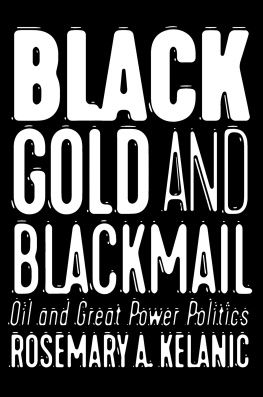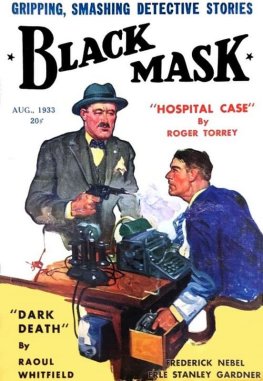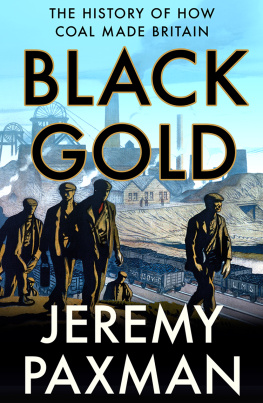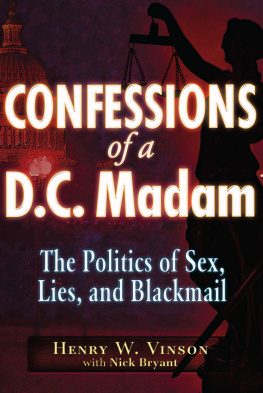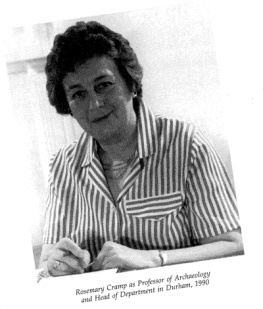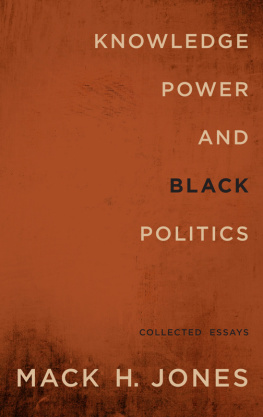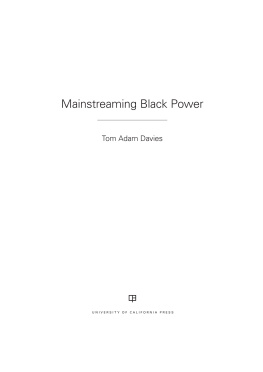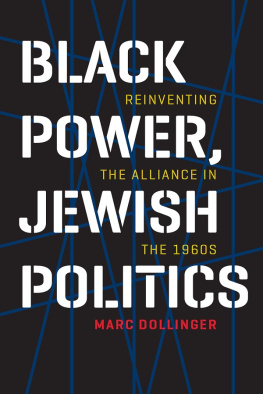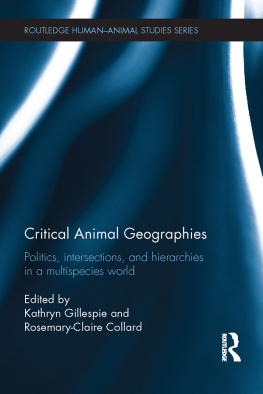Acknowledgments
Academia is an offense-dominant world. It is almost always easier to attack a scholarly argument than it is to originate and defend one. Thank goodness I did not have to write this book alone. Countless friends and colleagues supported me throughout the arduous process; without their help, this book would not exist.
I owe my greatest intellectual debts to John Mearsheimer, Charlie Glaser, and Bob Pape. John Mearsheimers wit, mirthful contrarianism, and remarkable clarity of thought provided a constant source of inspiration. Though he relishes playing the prince of darkness role in the field, he was unfailingly patient and encouraging. Bob Papes work on coercion fed my own curiosity about the oil weapon, and he especially challenged me to develop my ideas into a rigorous theory. Charlie Glaser, more than anyone else, shaped me into the scholar and teacher I am today. I could not have asked for a more brilliant and generous mentor.
I am grateful for the numerous colleagues and friends who red teamedand vastly improvedthe ideas in this book, whether in workshops, at conferences, over lunch, or all three (and then some). I especially thank Steve Biddle, Steve Brooks, Ahsan Butt, Dan Byman, Austin Carson, Jon Caverley, Jeff Colgan, Alex Downes, John Duffield, Melissa McAdam Ellison, Keren Fraiman, Gene Gerzhoy, Kelly Greenhill, Eric Hundman, Jenna Jordan, Inwook Kim, Peter Krause, Ned Lebow, Michael Levi, Chad Levinson, Jenny Lind, Julia Macdonald, Rich Maas, Victor McFarland, Emily Meierding, Jonathan Obert, Lindsey ORourke, John Owen, Sarah Parkinson, George Quester, Elizabeth Saunders, Sebastian Schmitt, John Schuessler, Josh Shifrinson, Matthias Staisch, Paul Staniland, Caitlin Talmadge, Bill Wohlforth, and workshop participants at Chicago, Harvard, George Washington University, Dartmouth College, and MIT. Early excerpts of the book benefited greatly from feedback provided by discussants and audiences at the annual conferences of the American Political Science Association and the International Studies Association.
While conducting research for this book, I received generous support from the Energy Initiative at the University of Chicago Booth School of Business, the Belfer Center for Science and International Affairs at the Harvard Kennedy School, the Institute for Scholarship in the Liberal Arts at the University of Notre Dame, and my various academic homes over the past several years. I am especially grateful to Charlie Glaser, who gave me space to work on my own research while serving as the associate director of the Institute for Security and Conflict Studies at George Washington University. I would also like to thank Charlie and the Elliott School of International Affairs at GW for sponsoring a book workshop on an early version of the manuscript. My profuse gratitude goes to Bob Art, Dale Copeland, and Daryl Press, who provided detailed feedback and advice by graciously serving as discussants. My colleagues at Williams College, especially James McAllister and Sam Crane, were incredibly supportive of both my teaching and research. I could not have asked for a more welcoming, good-hearted environment. Finally, I would like to express my thanks to the University of Notre Dame and my colleagues at the Notre Dame International Security CenterMike Desch, Dan Lindley, Sebastian Rosato, Joe Parent, Anieka Johnson, and Eugene Gholzfor helping me clear the final hump to complete the book. Mike Desch, in particular, offered me indispensable advice at the five-yard line.
I am indebted to my editor at Cornell University Press, Roger Haydon, for his penetrating insights and belief in the project, and to two anonymous reviewers whose thorough and constructive criticisms dramatically improved the book. I also thank Erin Davis, Lisa DeBoer, and the expert production team at Cornell for stellar work. This book contains material from my article, The Petroleum Paradox: Oil, Coercive Vulnerability, and Great Power Behavior, published in Security Studies, 25, no. 2 (April 2016), reproduced here with permission from Taylor & Francis Group, LLC.
I am tremendously grateful to the close friends who guarded my sanity through the trying times of book-writing, especially Mandy Burton, Ahsan Butt, Kristel Clayville, Amir Sean Fairdosi, Katharyn Hanson, Lindsey ORourke, Sarah Parkinson, and Jen White. I also thank my family, especially my parents, Mary Flummer and Tom Kelanic, for instilling in me a love of learning while letting me find my own way.
Finally, I thank my husband, Eugene Gholz, for being my rock over the last eight years. His unwavering love and support encouraged me to keep going on days when completing the book felt impossible. I am grateful beyond what words can express. I dedicate this book to him.
Errors of fact or interpretation, which I hope are few, are solely my own.
Introduction
THE UBIQUITY OF OIL
For over a hundred years, oil has been ubiquitous as both an object of political intrigue and a feature of everyday life, yet its effects on the behavior of major powers remain poorly understood. Researchers recognize that oil matters, of course, but have focused almost exclusively on formulating specific explanations for distinct events, such as the 1970s oil crises, rather than advancing broad explanations that apply to many cases. We lack generalizable theories that link oil to great power politics in predictable, empirically testable ways.
This book focuses on one particular aspect of oil: its coercive potential. Across time and space, great powers have feared that dependence on imported petroleum might make them vulnerable to coercion by hostile actors. They worry that an enemy could cut off oil to weaken them militarily or punish them economically, and then use this threat as a basis for political blackmail. Oil is so essential to great powers that taking a states imports hostage could give an enemy significant leverage in a dispute. The vulnerable state might have to acquiesce to an opponents demands, even when major interests are at stake, because the prospect of losing petroleum access is even worse.
This book presents the first systematic framework to understand how fears of oil coercion shape international affairs. I argue that great powers counter prospective threats with costly and risky policies that lessen vulnerability, ideally, before the country can be targeted. These measures, which I call anticipatory strategies, vary enormously, from self-sufficiency efforts to actions as extreme as launching wars. The core question of the book is, Why do great powers choose different strategies to secure oil?
History is rife with examples of strategic anticipation. Japan attacked Pearl Harbor and seized the petroleum-rich Dutch East Indies to secure oil after a U.S. petroleum embargo cut off 80 percent of its imports. Determined to protect its stockpile and believing war with the United States was inevitable, Japan conquered its own supply and preemptively destroyed the lone naval threat to fuel shipments from the Indiesthe U.S. Pacific Fleet.
Even the petroleum-rich United States has periodically worried about oil coercion. The 1979 invasion of Afghanistan generated alarm that the USSR (Union of Soviet Socialist Republics) might expand into Iran and choke off the flow of oil through the Strait of Hormuz. The Soviet Union is now attempting to consolidate a strategic position that poses a grave threat to the free movement of Middle East oil, President Jimmy Carter warned in his 1980 State of the Union Address. In this same address he issued a message to Moscow that became known as the Carter Doctrine: An attempt by any outside force to gain control of the Persian Gulf region will be regarded as an assault on the vital interests of the United States of America, and will be repelled by any means necessary, including military force. To back up this threat, Carter created the Rapid Deployment Joint Task Force, the precursor of CENTCOM, the U.S. regional command responsible for all military operations in the Middle East. Operation Desert Shield, the multilateral effort to defend the sovereignty of Saudi Arabia from Iraq in 1990, and Operation Desert Storm, the campaign to eject Saddam Hussein from Kuwait in 1991, were explicitly motivated by concerns to preserve access to oil.

